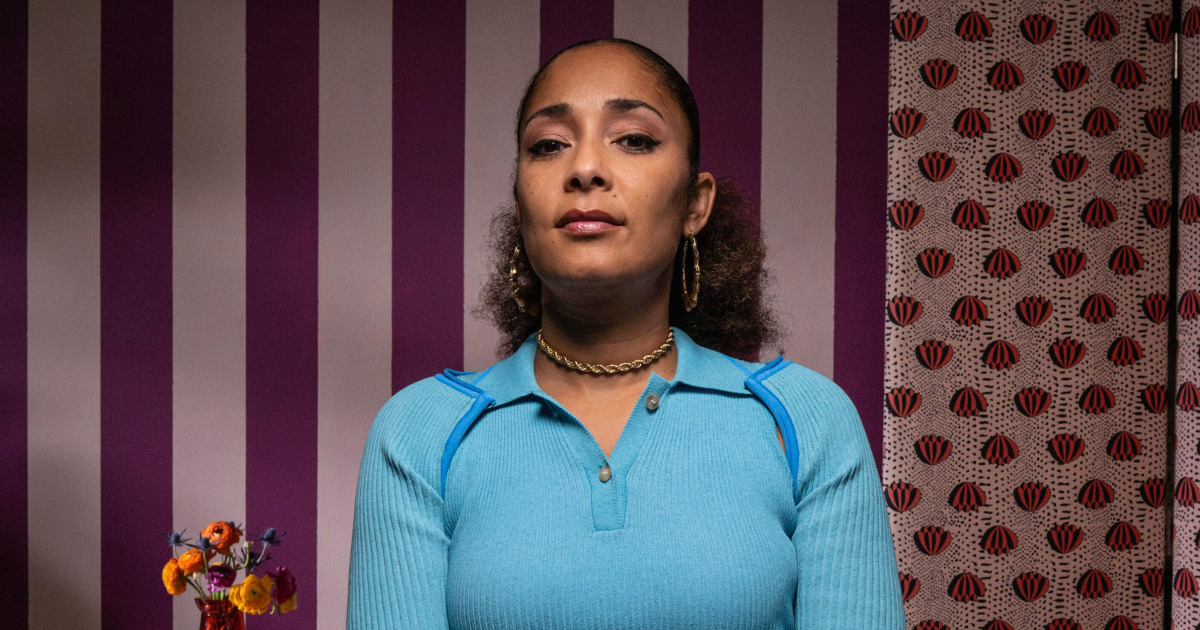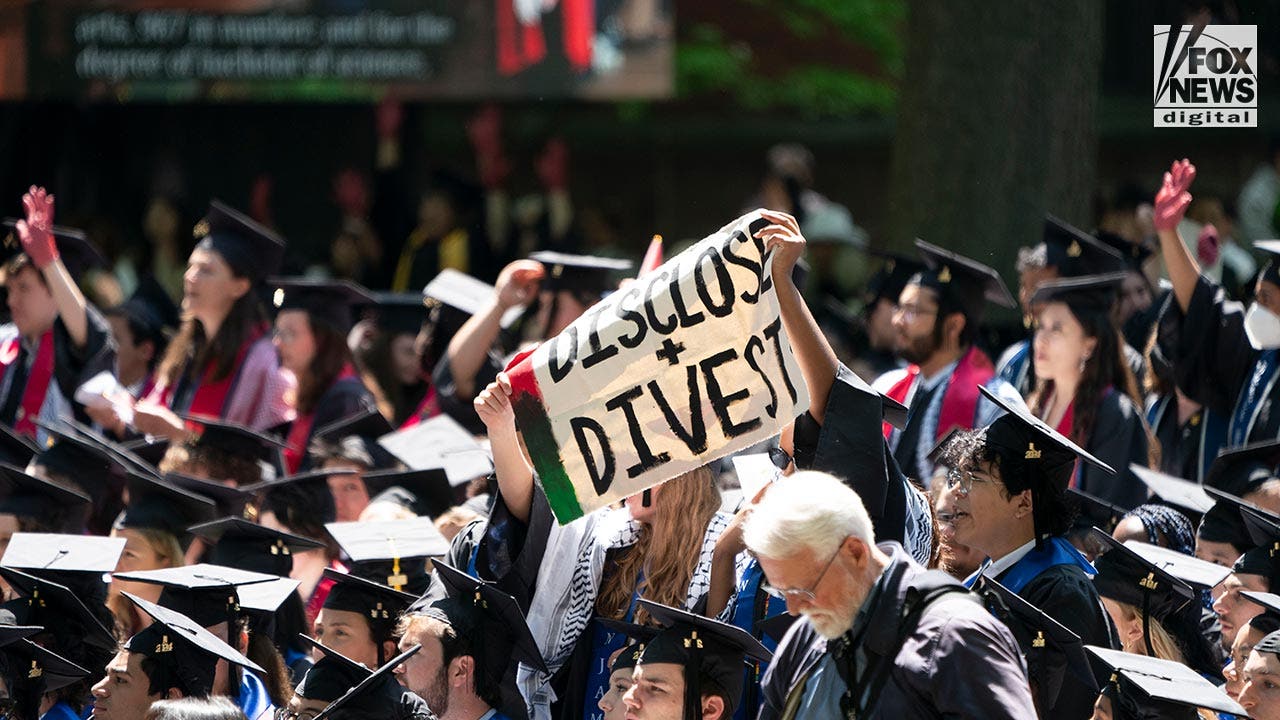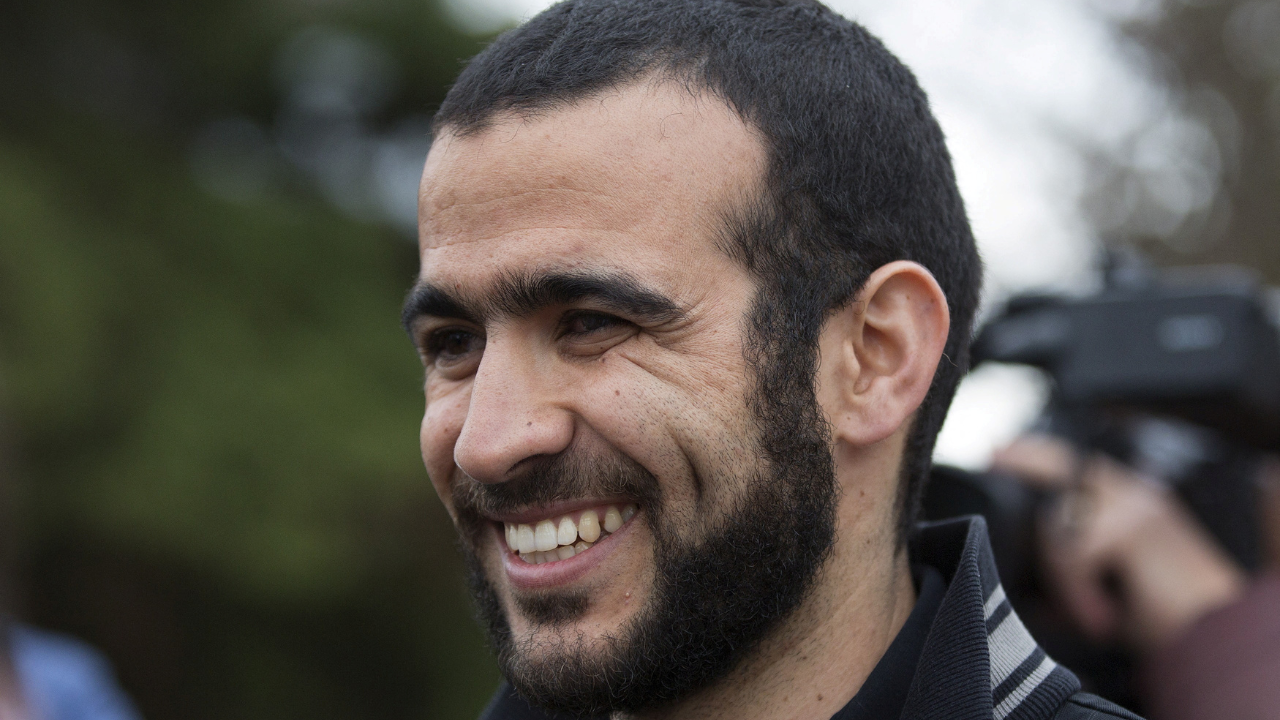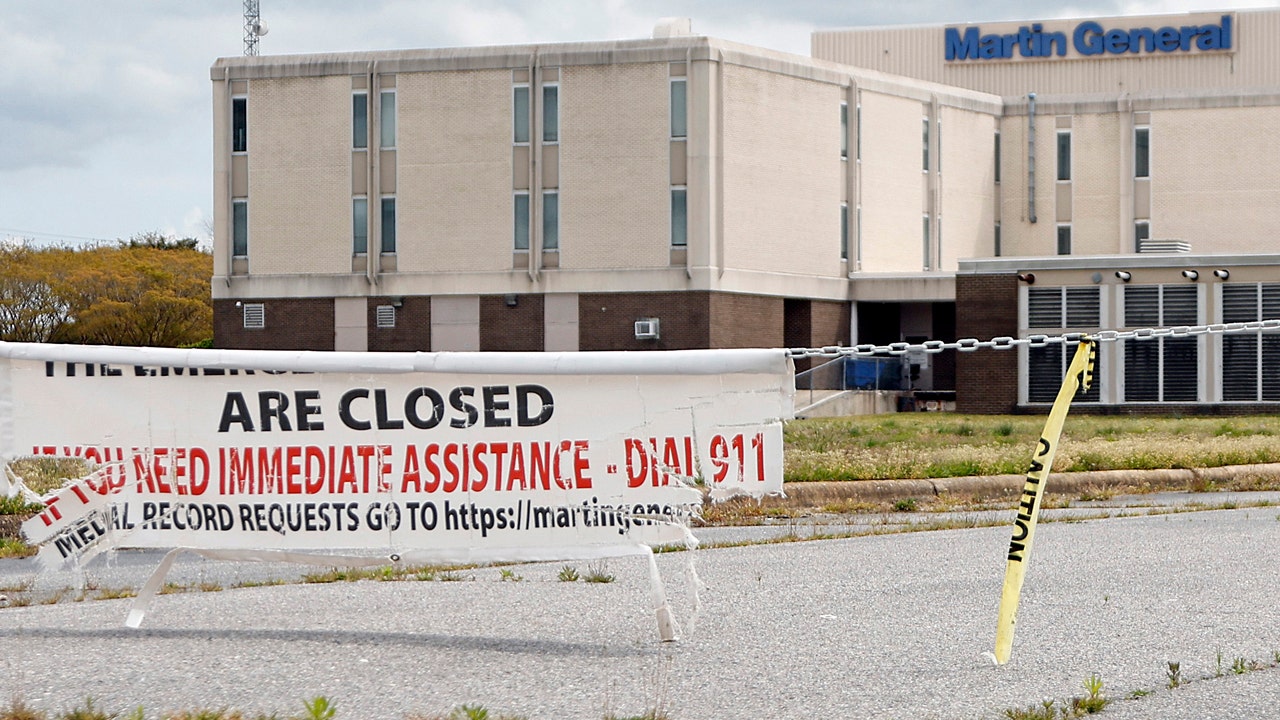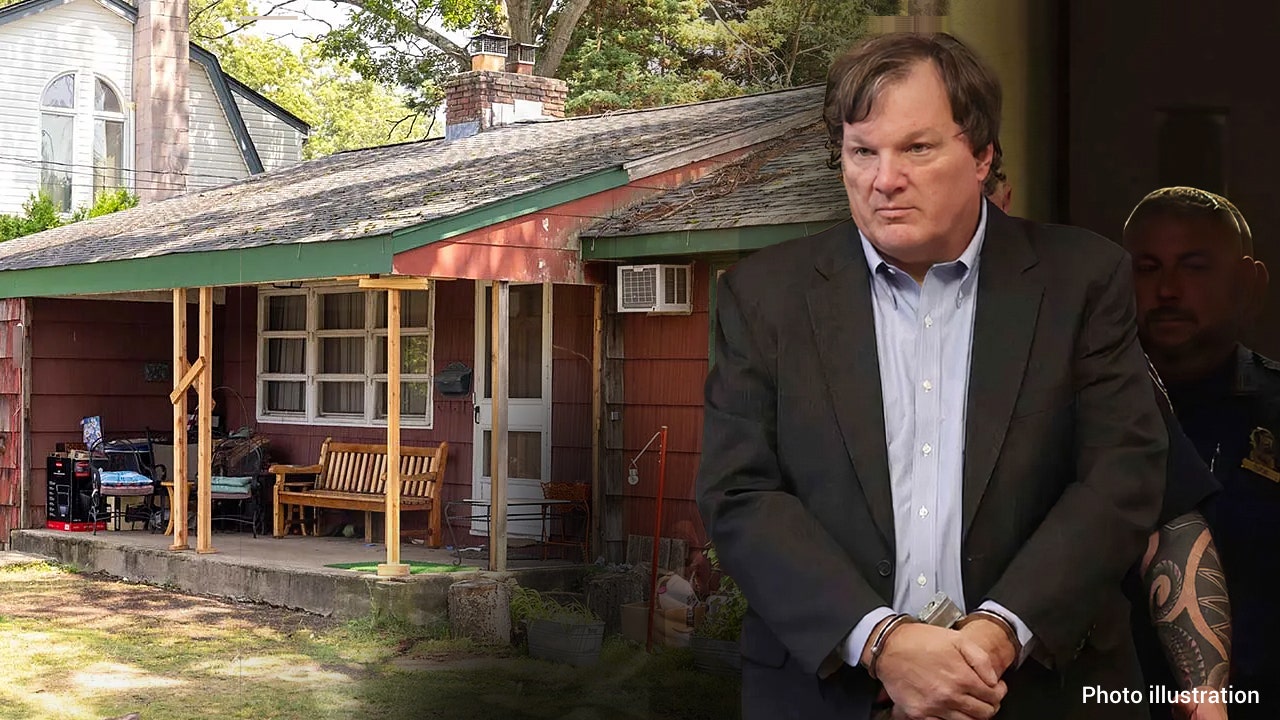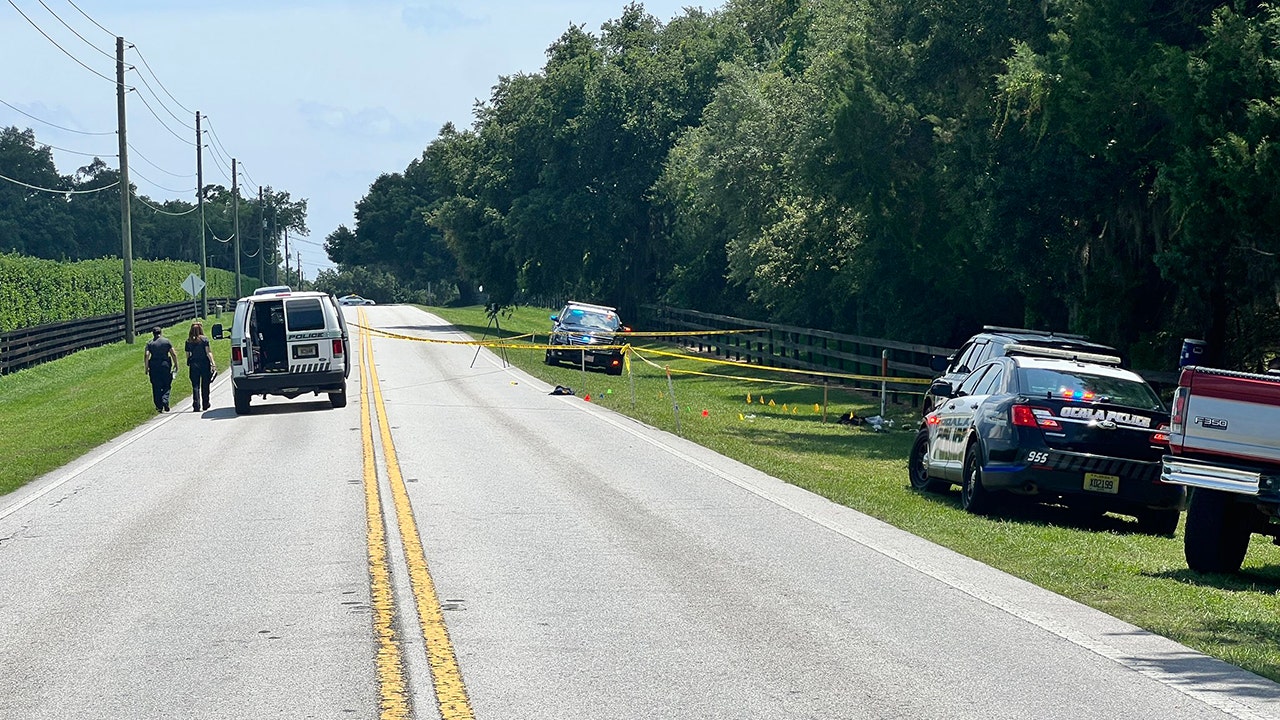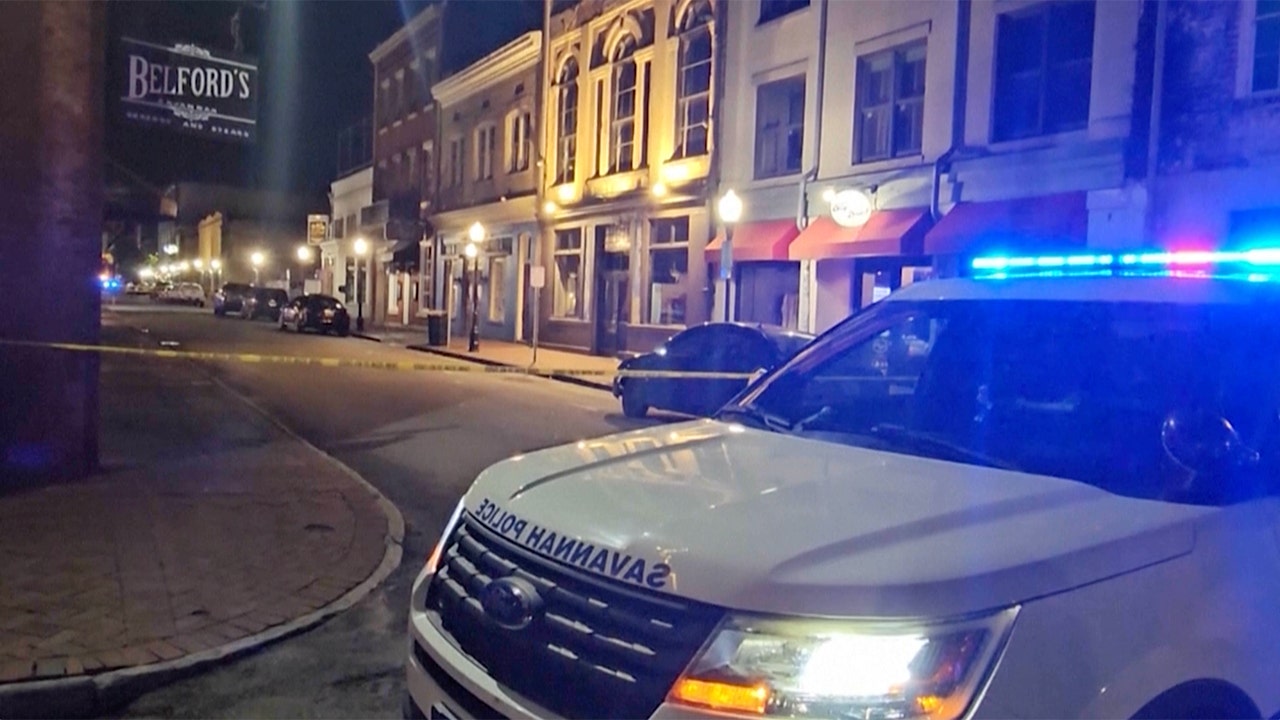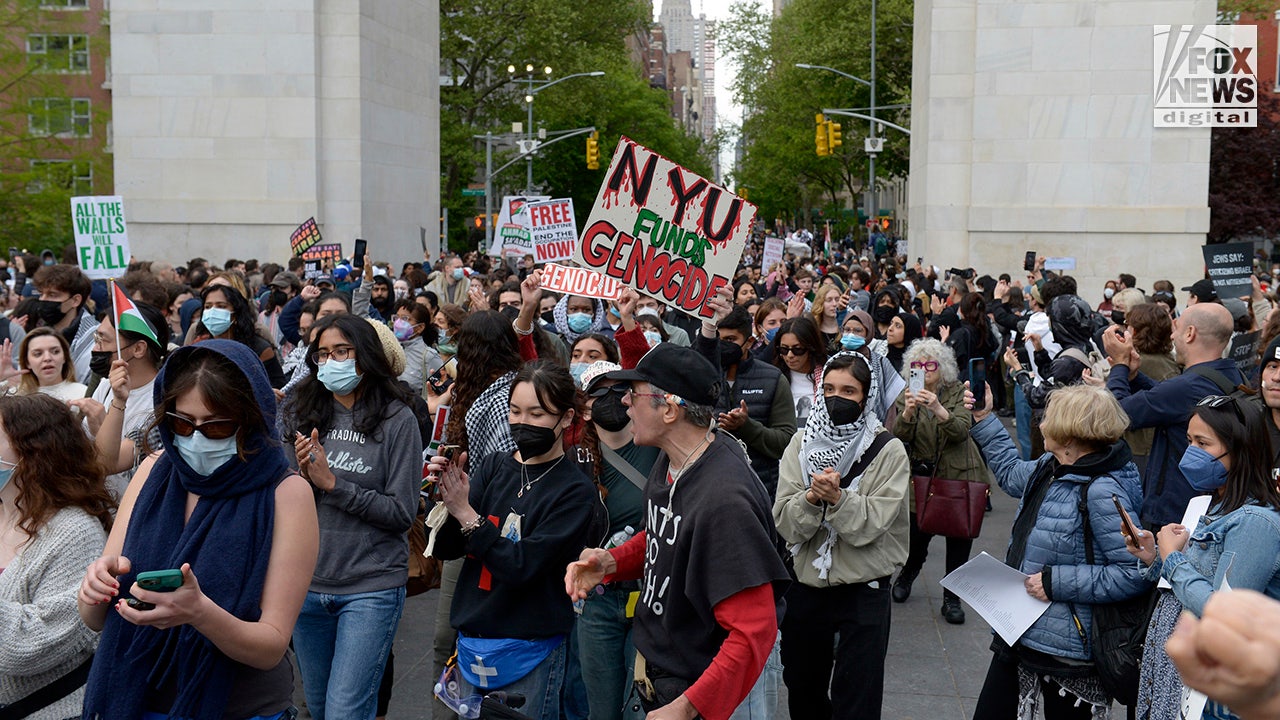Prentice Penny is no outsider to Black Twitter. Ever since the 2016 launch of Issa Rae’s star-turning HBO series “Insecure,” for which he was the showrunner, Penny has been an active participant on the platform now known as X.
In that regard, he is personally invested in documenting the social media phenomenon in the three-part Hulu docuseries “Black Twitter: A People’s History,” as director and producer.
This documentary, he said, feels necessary.
“I think we need this now more than ever when I see our history being changed, our books being banned,” he told NBC News during a promotional event in Atlanta. “I think sometimes we think about it just for today, but that’s not where time is going to end, right? What is the story of Black Twitter going to be in 50 years or 100 years, right? Will the platform even be here?”
“The idea that Black Twitter can totally be erased, and become another oral tradition of ours, to me, is sad,” he said, continuing. “So to be able to tell our story while it’s happening is just important.”
Modeled after Wired staffer Jason Parham’s 2021 three-part series “A People’s History of Black Twitter,” which begins in 2008, the docuseries also takes an oral history approach, even featuring many of the people included in the written series. Several prominent figures from the platform also check in during the doc by Disney’s Onyx Collective.
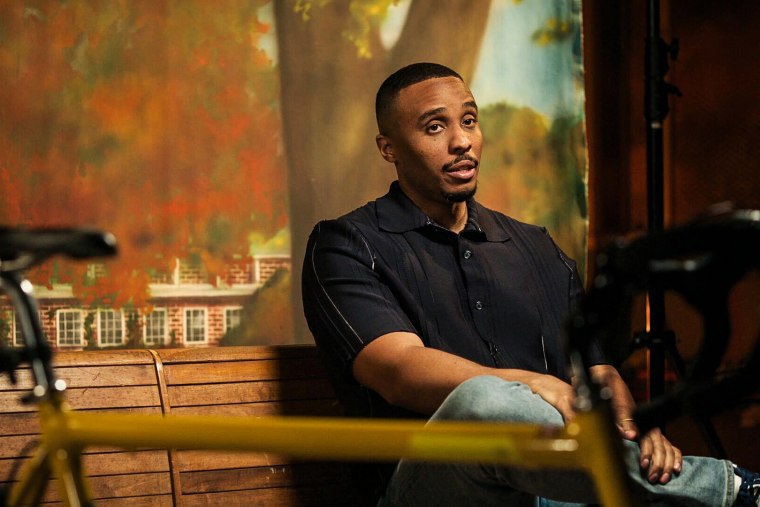
They include Luvvie Ajayi, Jemele Hill, Van Lathan, Amanda Seales, April Reign of #OscarsSoWhite, Pulitzer Prize-winning journalist Wesley Lowery, Emmy-winning producer, host and comedian W. Kamau Bell, bestselling author Roxane Gay, trans activist Raquel Willis and a number of former Black staffers for the platform including God-is Rivera, who once served as global director of culture and community there, among many others.
Mirroring the spirit of Black Twitter, the docuseries, which Penny characterizes as “a love letter,” takes a seemingly lighthearted approach that, like Black Twitter itself, digs and hits much deeper. Memes, gifs, simulations of tweeting, and other clever tools of engagement are utilized as the docuseries sweeps through huge topics ranging from Black identity, misogynoir, President Barack Obama’s 2008 election, the aftermath of Michael Brown’s shooting in Ferguson, Missouri, LGBTQIA issues, the rise of Donald Trump, George Floyd’s murder, Covid and the riot at the Capitol on Jan. 6, 2021. Groups of people are also corralled together on-screen to evoke Black Twitter’s kickback or community vibe.
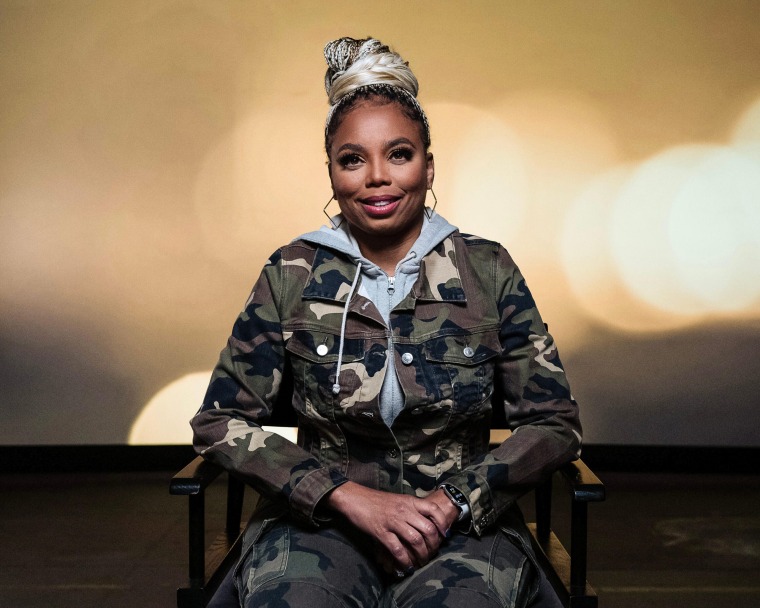
“Once we figured out it was a coming-of-age story, then it was like, OK, what do we have that’s telling that thread? So sometimes it would be a tweet, sometimes it would be OK, is it better to hear this from an interview subject, or is it better to hear it in a group setting, or is it better to hear from a news piece?” Penny said.
Filming, however, did change once billionaire Elon Musk purchased Twitter in 2022 and later changed the name to X. It was a plot twist, Penny admitted, they did not see coming. “Elon coming in, I would say, is horrible for the platform,” Penny said. But the sale and Twitter’s/X’s overall tonal shift crystallized why this docuseries was necessary.
“It was like, ‘Well, this is why, because these things could be here today and gone tomorrow.’”
There was early criticism of the doc following the its SXSW Festival premiere in March, including questions about who this series was being produced for, and the concern that celebrity voices would be prioritized over everyday users. But it didn’t bother Penny.
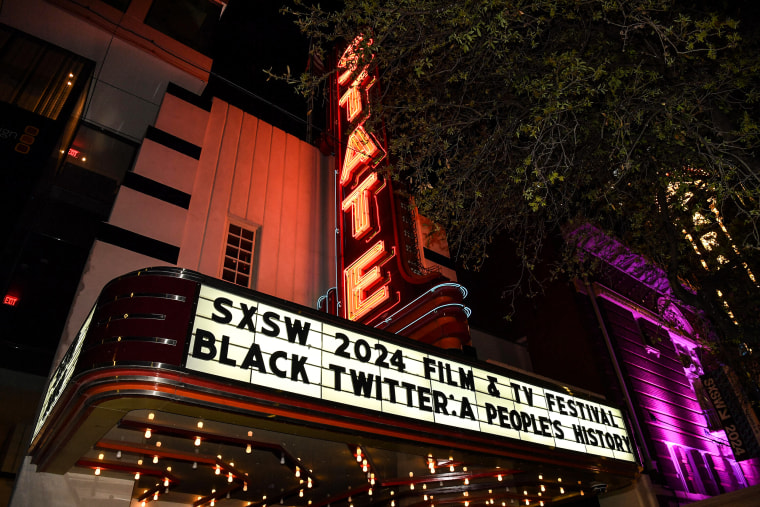
“Black people, we got lots of opinions about this, so a lot of it has been super supportive and a lot of it’s been skeptical,” he said. “I understand why people are skeptical about anything about our culture, because so much of our culture typically in the past has been taken from us and we don’t get to tell those stories.”
That might be why this moment, he said, is one of the best ever for Black creatives in this business. “Right now is such a beautiful time in Black entertainment, because when I was coming up, all you could point to was Spike Lee,” he said. “But now you can point to Issa Rae or Lena Waithe or a myriad of other folks like Shonda Rhimes who people know, and we’re able to tell and dictate our stories.”
Whether he will continue this story on Black Twitter is up to Black Twitter. “I want to see how this hits and we’ll go from there,” he said.



